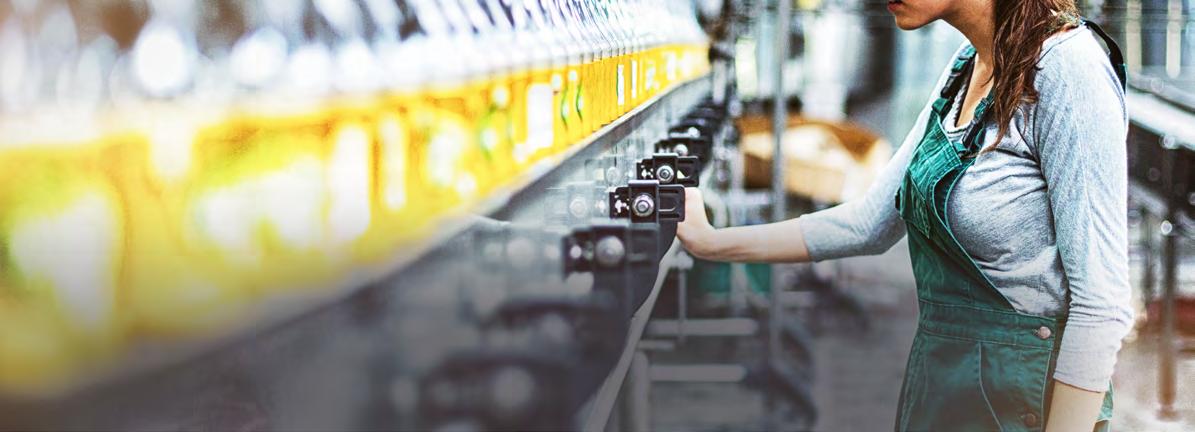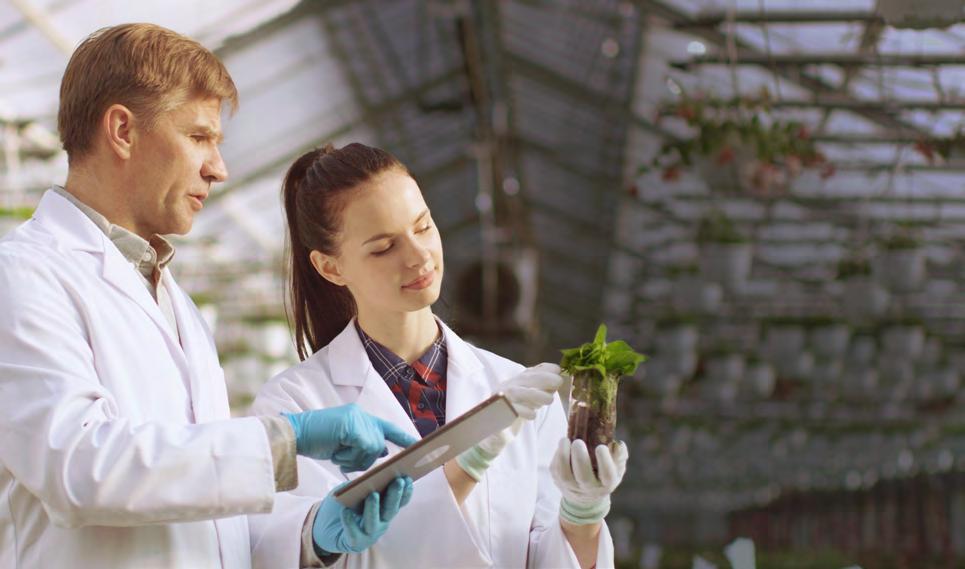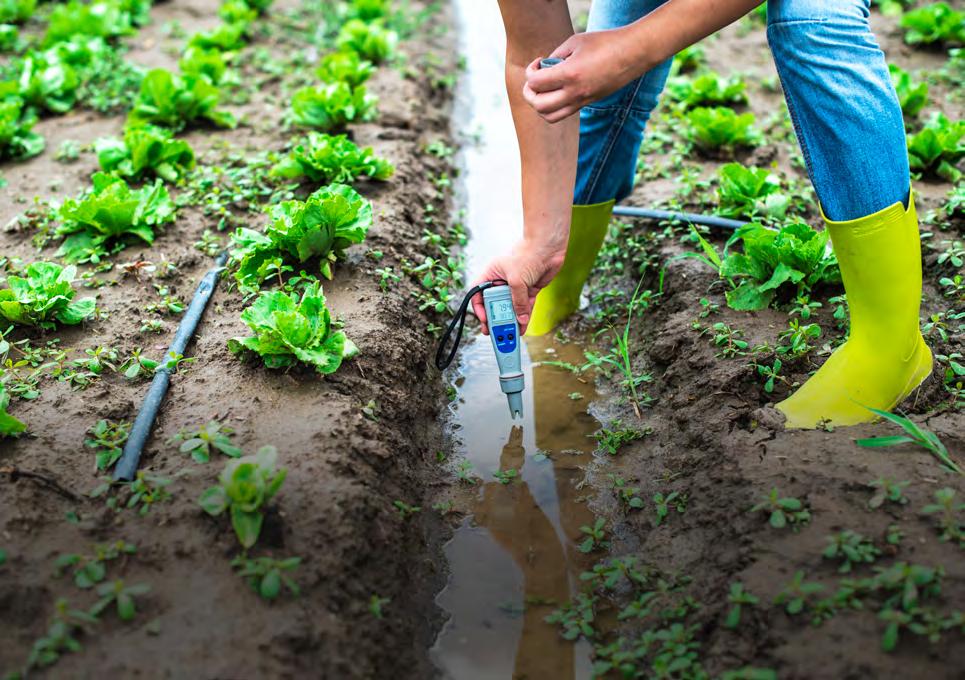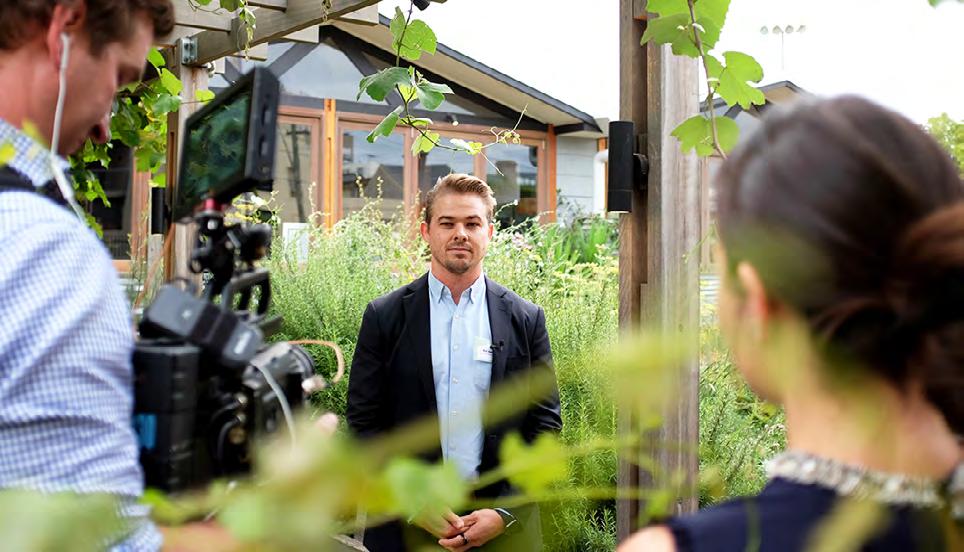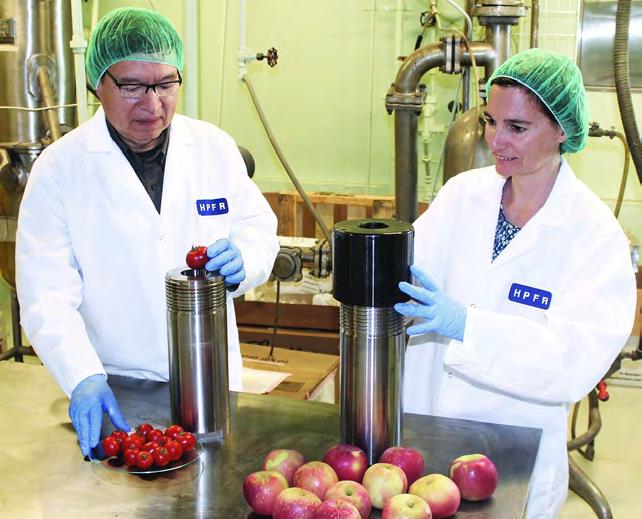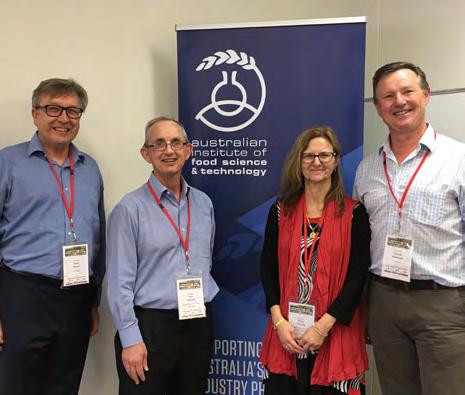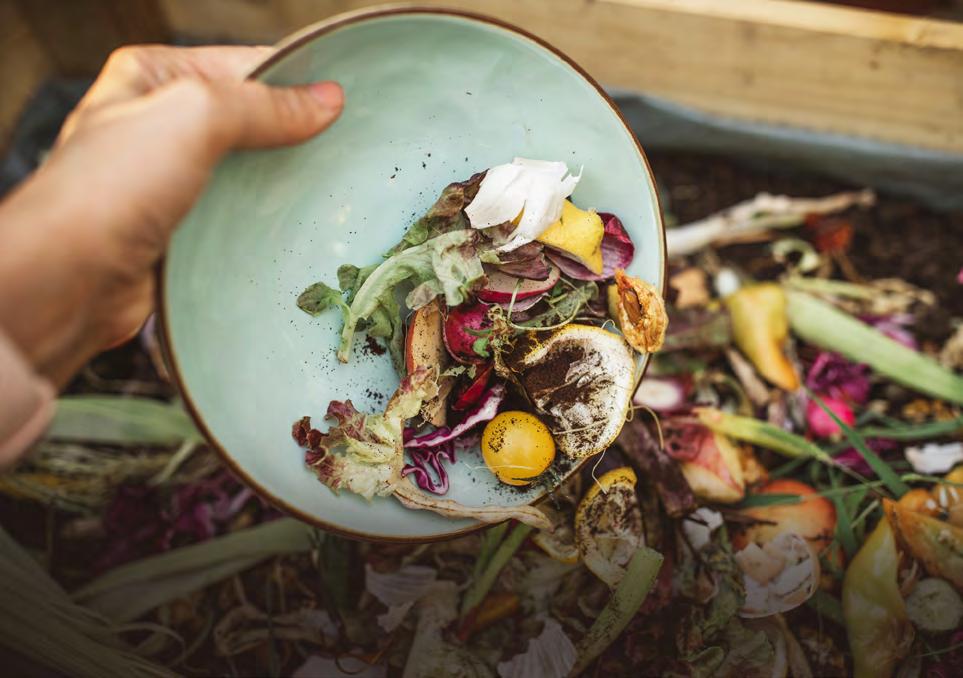FEATURE
Food research roundup: the other CRC projects Words by Dr Martin Palmer
T
he Commonwealth Government Cooperative Research Centres (CRC) program has supported several major food research initiatives since its inception in 1991. Those currently funded include the Centres for Food Agility (https:// www.foodagility.com), Fight Food Waste (https://fightfoodwastecrc. com.au), Future Food Systems (www.futurefoodsystems.com. au), Honey Bee Products (http:// www.crchoneybeeproducts.com) and Developing Northern Australia (https://crcna.com.au). These multipartner, industry co-funded and industry-led CRCs run for up to 10 years, with Government contributions ranging from $7m to $75m per CRC. They are required to be established as incorporated companies and are well recognised within the food industry and research community. Less well known is the research being undertaken under the CRC Projects (CRC-P) grants scheme, which runs in parallel with funding for the larger CRCs under the overarching CRC program. The CRC-P scheme is designed to support smaller projects of industry-led, collaborative research, for up to three years and with up to $3m in matched funding. In contrast to similar programs operated by the Australian Research Council, CRC-P funding is allocated directly to the lead industry partner, rather than the collaborating research organisation. Multi-party projects are encouraged and there is a requirement for involvement of at least two industry partners, including at least one SME and one Australian research organisation. There have been eight CRC-P funding rounds since 2016. In the first 7 rounds, 22 projects were funded in the agri-food sector, attracting an average of $1.9m per project. They cover a wide range of food production
30 food australia
and processing topics but have in common an industry-led, collaborative structure involving research organisations, technology providers, SME’s and different businesses at the same or different points along the supply chain – just as this scheme is intended to promote. This unusual approach brings with it new teamwork and research management challenges, as well as the opportunity for broader perspectives and experience to be brought into the project at an early stage. For technology development projects in particular, this can strengthen an end-user focus and provide a valuable opportunity for the research to be guided and evaluated at successive stages along the innovation chain. The funding outcomes for CRC-P Round seven were announced in August 2019. One of these new projects - Live Inbound Milk Supply Chain Monitoring and Logistics for Productivity and Competitiveness - is an interesting example of how this multidisciplinary approach can be applied to complex challenges in the ‘Food Industry 4.0’ research field. This is a two-year collaboration between Swinburne University of Technology, Bega Cheese, Telstra Corporation and three Australian milk suppliers. The project aims to develop a system based on the internet of things (IoT) that allows live monitoring of an inbound milk supply chain involving 100 dairy farms and milk carriers, and a milk processor. The data collected by the IoT sensors will drive dynamic milk pick up (re)scheduling as the milk quantity and quality varies, track adherence to pick up processes and enable highly accurate milk supply forecasting. These collectively enhance the chain’s productivity and competitiveness. Led by Professor Dimitrios
Georgakopoulos, the project will use Telstra’s new narrowband internet of things network, in conjunction with more than 700 electronic sensors, deployed throughout the supply chain. It’s also interesting to see how some of the earlier CRC-P projects are tracking. For example, one of the first to be funded (CRC-P Round 1) was on translational R&D to accelerate sustainable omega-3 production - a collaboration between Qponics Ltd (a Brisbane-based algal technology company), Nutrition Care Pharmaceuticals Pty Ltd and The University of Queensland. The aim of the project was to translate proofof-concept technologies to achieve sustainable, organic production of omega-3 fatty acids from microalgae, including CO2 and recycling, and power generation from solar panels and biogas, into a commercial-scale production process. From recent media releases and information on the company website, it appears Qponics is now well on the way to achieving these objectives and establishing itself as a pioneer in this emerging industry sector (https:// qponics.com/). CRC-P Round eight closed in September and funding outcomes were due to be announced in December 2019. Round nine is expected to open in the first half of 2020. For more details of the CRC-P scheme and summaries of the projects funded to-date, please refer to the Australian Government website: https://www.business.gov.au/Grantsand-Programs/Cooperative-ResearchCentres-Projects-CRCP-Grants Dr Martin Palmer is Enterprise Fellow, Food & Agribusiness, at The University of Melbourne f






